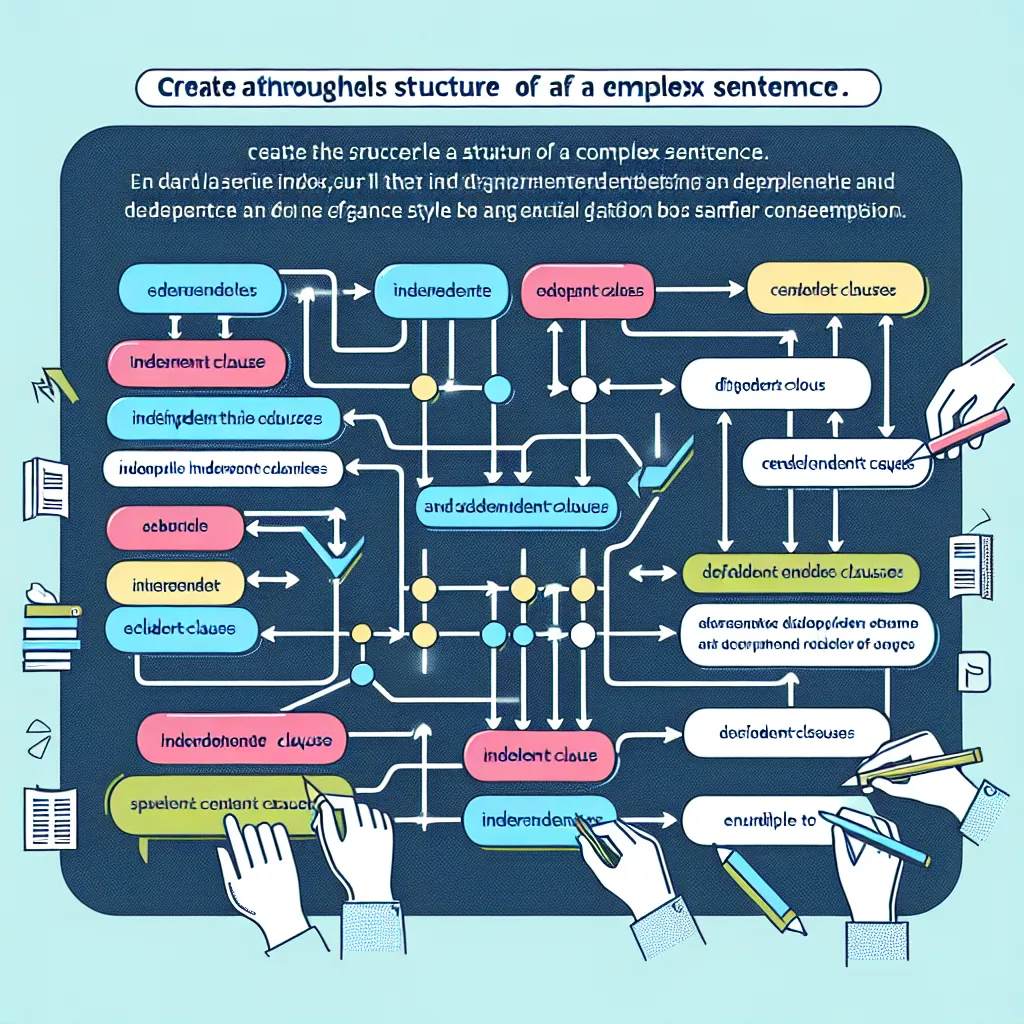Are you preparing for a Cambridge exam and looking to enhance your grammar skills? Mastering English grammar is crucial for success in Cambridge exams, and with the right approach, you can significantly improve your performance. In this comprehensive guide, we’ll explore effective strategies and resources to help you boost your Cambridge grammar skills.
Understanding the Importance of Grammar in Cambridge Exams
Grammar plays a pivotal role in all Cambridge exams, from the elementary A2 Key to the advanced C2 Proficiency. A solid grasp of English grammar not only helps you ace the specific grammar sections but also enhances your overall performance in reading, writing, and speaking components.
Why Focus on Cambridge Grammar?
- Accuracy: Proper grammar ensures clear communication and demonstrates language proficiency.
- Scoring: Many Cambridge exam sections directly assess grammatical knowledge and usage.
- Confidence: Strong grammar skills boost your confidence across all exam tasks.
 Cambridge Grammar Importance
Cambridge Grammar Importance
Effective Strategies to Improve Cambridge Grammar
1. Identify Your Weaknesses
Start by taking a diagnostic test to pinpoint your grammar weak spots. Cambridge English provides free online tests for different exam levels, which can help you identify areas that need improvement.
2. Use Cambridge-Specific Grammar Books
Invest in grammar books designed specifically for Cambridge exams. Some highly recommended options include:
- “Grammar for Cambridge English: First (FCE)” by Martin Hewings
- “Advanced Grammar in Use” by Martin Hewings (for CAE and CPE)
- “Grammar and Vocabulary for Cambridge Advanced and Proficiency” by Richard Side and Guy Wellman
These books offer targeted practice and explanations tailored to Cambridge exam requirements.
3. Practice with Past Papers
Working through past Cambridge exam papers is an excellent way to familiarize yourself with the exam format and practice applying grammar rules in context.
4. Utilize Online Resources
Take advantage of free online resources:
- Cambridge English website: Offers grammar exercises and explanations
- British Council Learn English: Provides grammar lessons and quizzes
- BBC Learning English: Features grammar videos and interactive exercises
5. Engage in Active Learning
Don’t just read about grammar rules; apply them actively:
- Keep a grammar journal to note new rules and examples
- Create your own sentences using targeted grammar structures
- Explain grammar concepts to others to reinforce your understanding
 Active Grammar Learning
Active Grammar Learning
6. Focus on Common Cambridge Grammar Topics
Pay special attention to grammar areas frequently tested in Cambridge exams:
- Verb tenses and aspects
- Conditionals and wish statements
- Reported speech
- Passive voice
- Modal verbs
- Phrasal verbs and collocations
7. Read Extensively
Reading widely exposes you to correct grammar usage in context. Choose materials at your level from various genres, including news articles, novels, and academic texts.
8. Practice Error Correction
Develop your eye for grammar mistakes by regularly practicing error correction exercises. This skill is particularly useful for the Use of English sections in Cambridge exams.
9. Use Grammar in Context
Apply grammar rules when writing essays, emails, and reports. This practical application helps solidify your understanding and prepares you for the writing sections of Cambridge exams.
10. Seek Feedback
Regular feedback is crucial for improvement. Consider:
- Joining a study group to practice and discuss grammar
- Working with a tutor who specializes in Cambridge exam preparation
- Using online forums to ask questions and get explanations from experts
Important Considerations
Common Pitfalls to Avoid
- Overreliance on memorization: Understand the logic behind grammar rules rather than just memorizing them.
- Neglecting context: Always consider how grammar changes meaning in different contexts.
- Ignoring progress: Regularly assess your improvement to stay motivated and identify areas that still need work.
Next Steps
After implementing these strategies:
- Take regular practice tests to gauge your progress
- Focus on integrating advanced grammar structures into your writing and speaking
- Start timing yourself when completing grammar exercises to improve speed and accuracy
Conclusion
Improving your Cambridge grammar skills is a journey that requires dedication and consistent practice. By following these strategies and utilizing the right resources, you can significantly enhance your grammar proficiency and boost your chances of success in Cambridge exams. Remember, the key is to practice regularly, seek feedback, and apply what you learn in real-world contexts. Good luck with your Cambridge exam preparation!
[internal_links]




